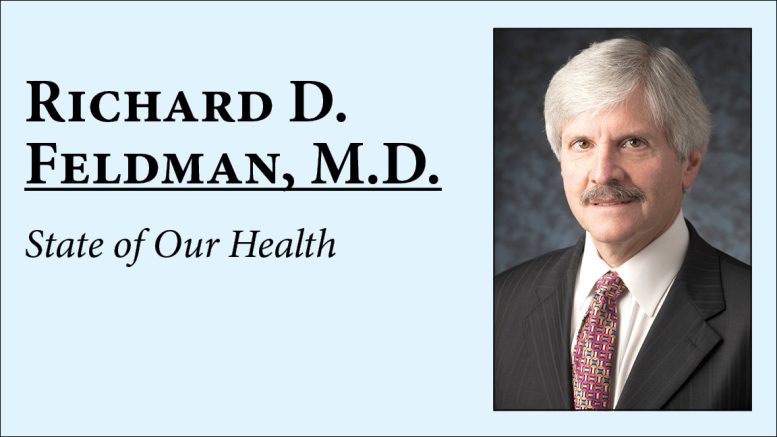Being an election year and with primary elections looming, the clear intention of the 2024 Indiana General Assembly leadership was for a short session avoiding controversial issues. Indeed, the session proved to be the lightest and most inconsequential in my memory.
Here’s my 2024 health-related legislative wrap-up from the perspective of a family physician. It is marked mostly by legislation that failed rather than bills that crossed the finish line.
Bills that died:
SB 3 tempered the insurance industry’s out-of-control prior authorization requirements for medical services, medications, and testing. PA is largely unnecessary and inappropriate resulting in denied, interrupted, and delayed medical care. The bill stalled but had excellent bipartisan support. It will be back.
HB 1053 essentially removed fentanyl test strips from criminal laws concerning possession of controlled-substance paraphernalia. This would have gone a long way in preventing overdoses.
HB 1059, the independent practice of advanced practice registered nurses (nurse practitioners) with prescriptive authority, did not receive a hearing again this session. Good.
HB 1215 allowed immunizations by dental hygienists on the order of a dentist. What do dental hygienists and dentists know about vaccines?
HB 1167 required continuing education for physicians and other healthcare providers on implicit bias. This important subject for equitable healthcare is already being addressed in health professional schools, medical schools, and residencies.
HB 1266 stipulated that healthcare providers and entities would not be required to provide or refer patients for healthcare services that violate their moral, religious, or ethical beliefs. The provider would not be subject to discrimination or other sanctions including civil actions. Balancing patient access with respecting closely held beliefs of individuals and institutions is a difficult issue.
HB 1071 provided exemptions for employer, childcare facility, and state educational institution immunization requirements. In addition to more traditionally accepted exemptions, the bill included that individuals could refuse vaccination after merely being informed of the health risks. This was not good public health policy and would have endangered others through exposure to vaccine-preventable diseases.
HB 1011 was a medical-aid-in-dying measure. MAID is legal in 10 states to better assure that those who voluntarily request it can die on their own terms, without dependence on others, and with dignity. There is strong legislator opposition to this controversial issue. No way in Indiana.
There were nine marijuana-related bills introduced. None received a committee hearing. All surrounding states have enacted some form of marijuana legalization.
* * *
Enacted bills of most interest to the public:
HB 1259 supports psilocybin (a psychedelic drug) research for the treatment of resistant depression, PTSD, addictions, and other mental health conditions. Psilocybin treatment is revolutionary and is not based on fringe science.
HB 1426 requires hospitals to offer long-acting reversible implanted contraceptives to Medicaid mothers after delivery. The bill was controversial because it did not include IUDs that some consider an abortifacient. But in light of the new abortion statute, anything done to prevent unwanted/unintended pregnancies is a step forward.
SB 273 mandates insurance and Medicaid coverage for biomarker testing important for diagnosis and treatment of certain diseases.
SB 9 requires healthcare entity mergers of at least $10 million (mostly hospital systems and insurance companies) to file with the Attorney General’s office for review for antitrust concerns and effects on the community. The apprehension is that mergers may potentially decrease patient access and choices and increase healthcare costs.
Next year will be very busy.
Richard D. Feldman, M.D. is an Indianapolis family physician and former Indiana State Health Commissioner who served in the administration of Governor Frank O’Bannon.

